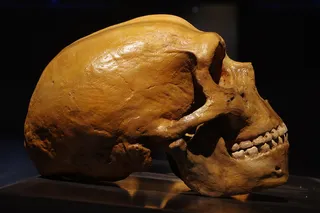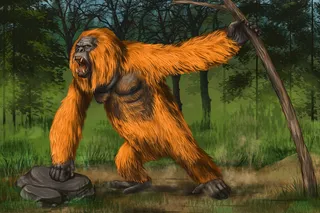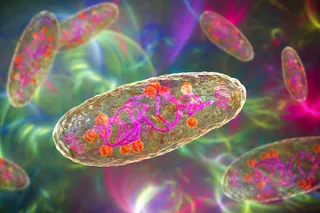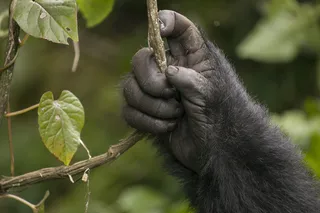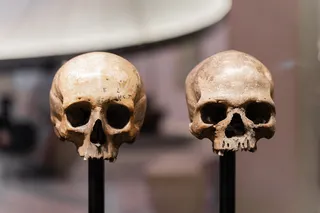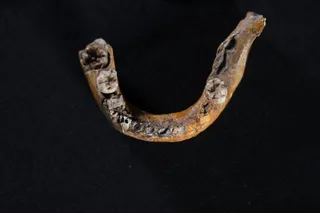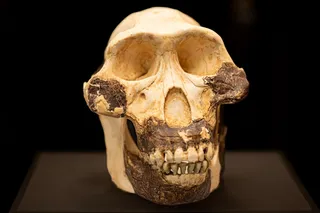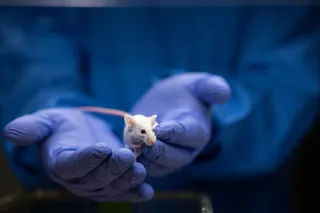Today, humans are the only members of our genus — the Homo from Homo sapiens — left alive. Remnants of our closest relatives, including Neanderthals and Denisovans, range from teeth and bones to tools and artwork, not to mention a genetic legacy in many modern humans thanks to interbreeding.
With a new study published in iScience, a group of researchers announced that ancient DNA has helped illuminate another aspect of our fellow humans’ lives: their sense of smell.
This research builds on previous studies, starting in 1997. A Swedish geneticist named Svante Pääbo and his colleagues published a paper, announcing that they had sequenced DNA from the 40,000-year-old arm bone of a Neanderthal.
Since then, Pääbo and his colleagues at the Max Planck Institute for Evolutionary Anthropology have gone on to publish entire Neanderthal and Denisovan genomes; he won the 2022 Nobel Prize in Physiology or Medicine.
“Without that lab, ...





